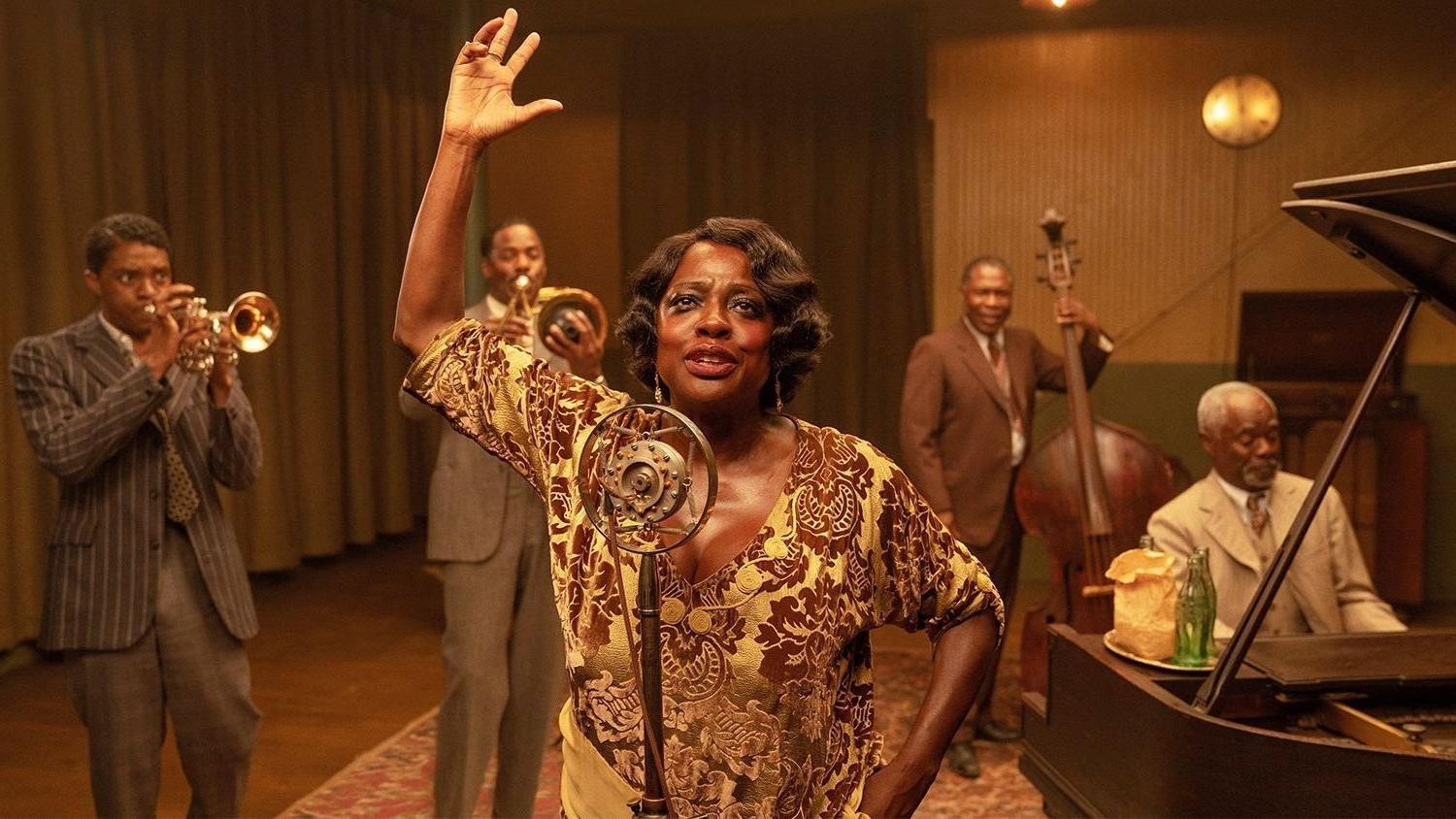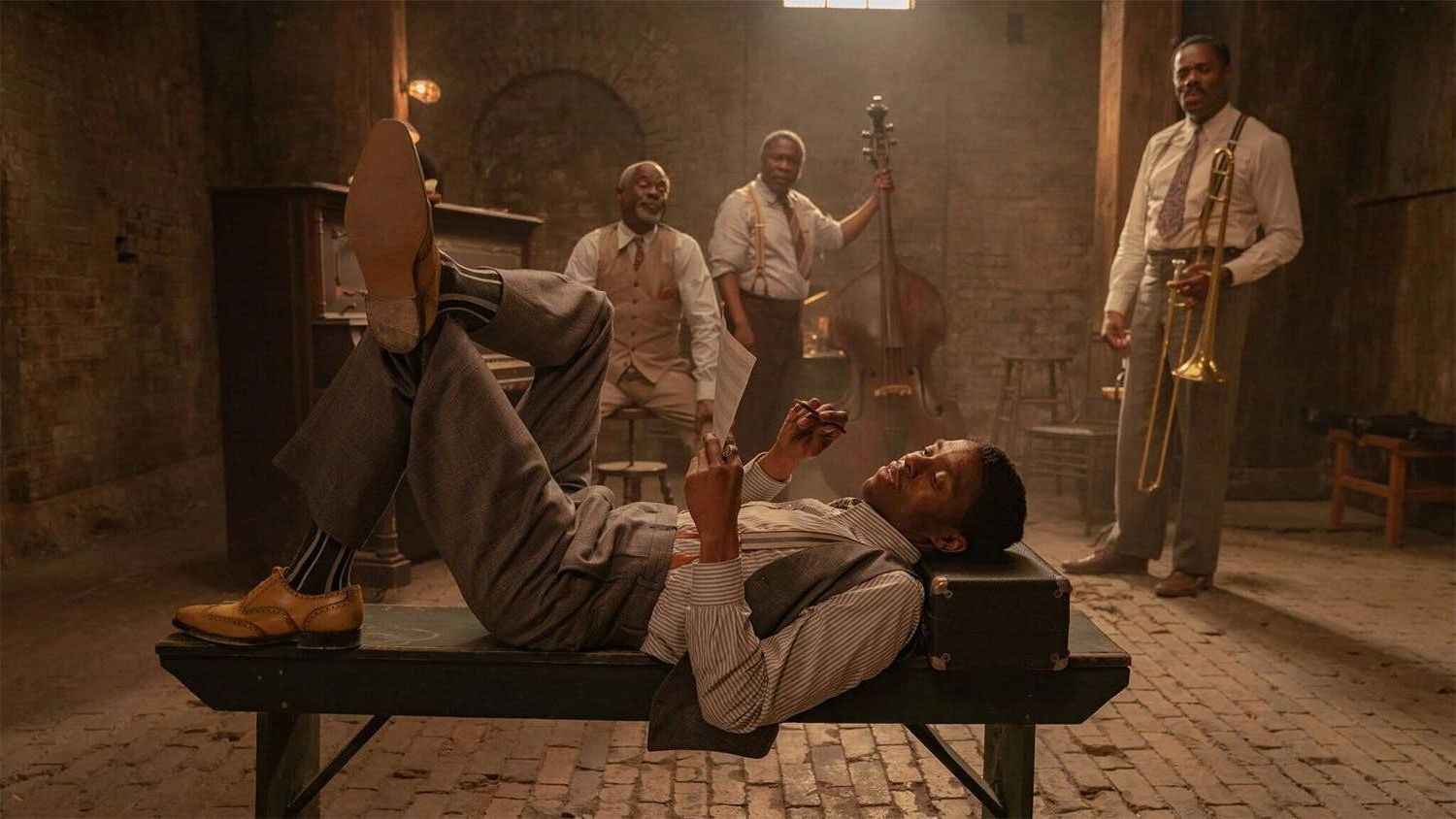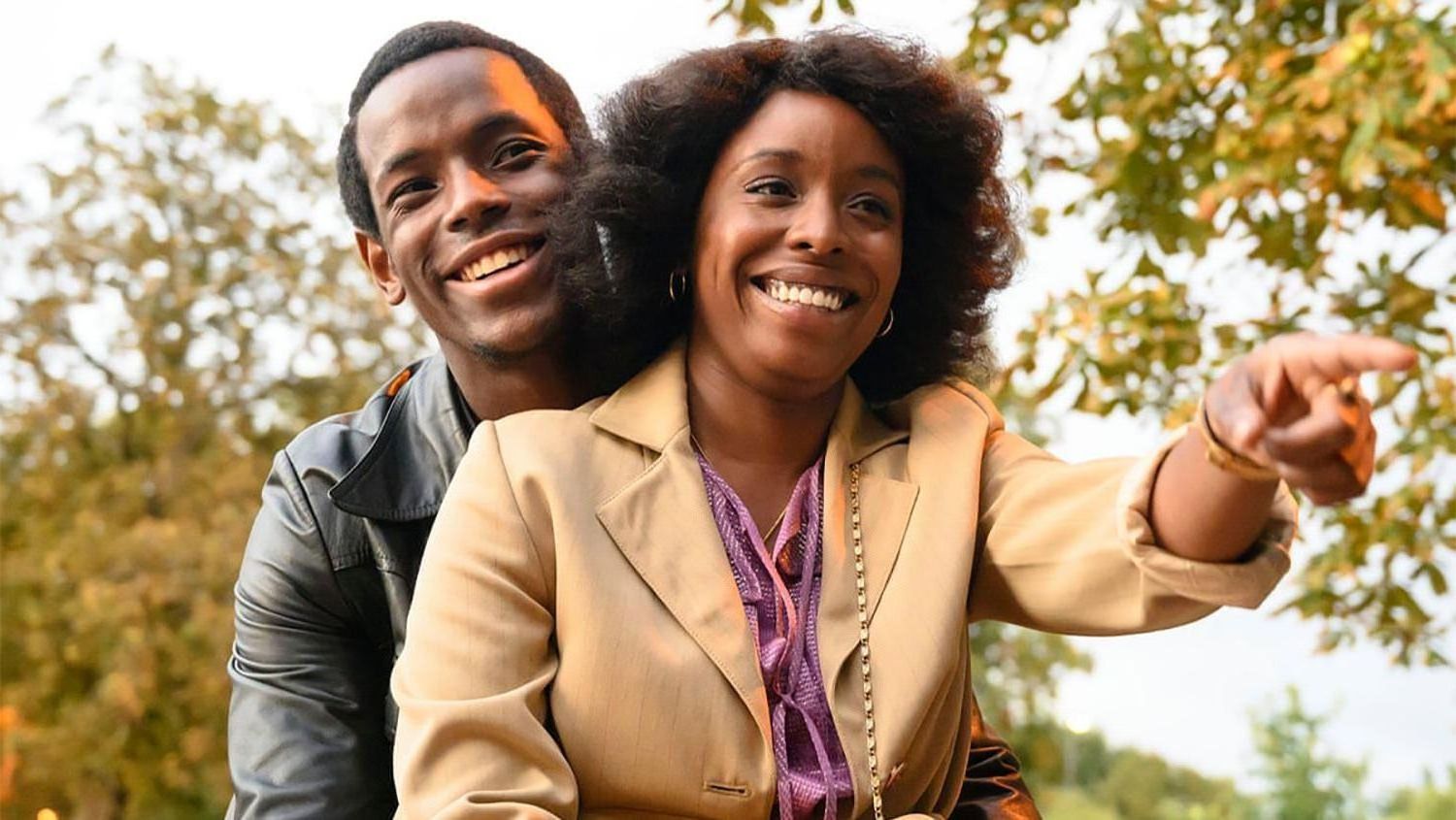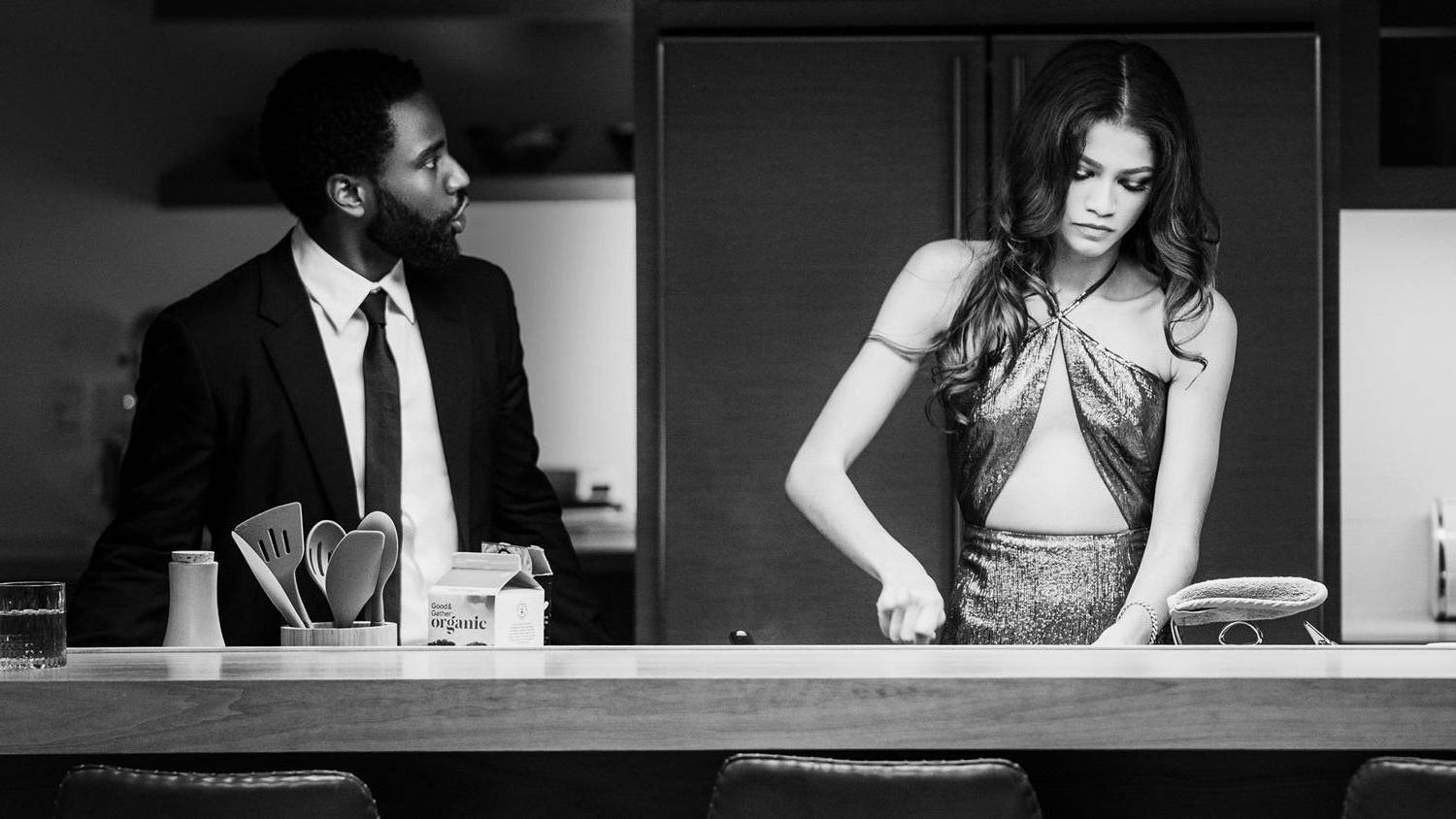
Ma Rainey; s Black Bottom Review Movie
Ma Rainey's Black Bottom Review
In the early 1980s two-time Pulitzer Prize winner African writer August Wilson began writing a collection of ten play plays, referred to as the 'Century cycle' and each one of them tells an account of what it was like to live the Black American experience in a different decade. Fences was one of the plays to receive the stage treatment in the year the year 2016, thanks to director and actor Denzel Washington, with whom Wilson's work has been given. In many ways, Ma Black Bottom's strengths are like Fences in that the strong material and emotional raw performances prevailing even though the transition from film to film isn't always smooth.
There's Ma (Viola Davis) about 20 minutes on screen to get to the recording session , where the bulk part of Black Bottom takes place. We then meet her band, that includes Toledo (Glynn Turman), Slow Drag (Michael Potts) and the religious band leader Cutler (Colman Domingo) -until the camera discovers Levee (Chadwick Boseman) who is fresh off purchasing some expensive yellow shoes. The banter between the four men in the early scenes creates a charming interaction between three wise heads as well as their younger and more cocky young rivals. They can make jokes about their fashion choices to intense philosophical discussions at a whim and they do.

In those conversations, Wilson's writing's ingenuity that was adapted for screenplay by Ruben Santiago-Hudson, shines through. It's a challenge to navigate an entertainment system designed to discriminate against people of color as well as the right to own one's work and knowing what you are worth are all concerns that Black artists struggle with today.
Washington was the one who made the calls on Fences however, to direct Black Bottom he sought out George C. Wolfe. On the surface, it's logical that, in out of being a massive Wilson lover, Wolfe has had award-winning successes in the direction of productions on Broadway. However, the results here they're mixed mix. Turman does an excellent job of bringing you into the film's sweaty world (the play is set in winter, while the film happens in summer) as well as an enjoyable mini-montage during the movie is among the few ways that the language of film helps to tell the story. However, of the time Black Bottom feels overly play-like especially the moment when Turman's Toledo is delivering his "African Stew" speech on white oppression. When taken as a whole, it's powerful. However, its place in the film is uninspiring and is a little too heavy-handed.
It's both exciting and sad to see Boseman performing here.
Fortunately, as the stage and screen famous James Earl Jones once said, "It's hard for an actor to make a mistake in the event that he is true to the script that August wrote," and everyone rises to the stage with grace to draw the power in Wilson's words. Davis is particularly notable for her fearless manner of speaking, which made for a frightful performance and in her own hands , the singer is unapologetic and entertaining, whether she's reminding those of her entourage who's boss and wooing their female love Dussie Mae (Taylour Paige). Her extravagant appearanceher extravagant appearance – Davis was able to put on 20 pounds to play the character and Ma typically wears a full-face of make-up , and even diamond-colored teeth to her exuberant dialogue, Davis completely disappears into her bigger-than-life persona.
Then there's Boseman. His Levee always has the gleam in his eyes which is why he's so certain of himself and his upcoming fame and Boseman brings the high-energy, exuberance he brought to his role as James Brown in Get On Up with the soulful fervor that he brought to the T'Challa in the MCU, and many other characters. All of it culminates with two intense monologues, in which Levee shouts at God which is the only time you see the role of a Black actor which makes it even more intense. Boseman fills the screen with the two scenes, exuding every tear of emotion. This is the most powerful performance of an era that ended too quickly earlier in the year. It's exciting and sad to see Boseman in action.
It's quite fitting that his final performance is the adaptation of the August Wilson play. He has been a lover of the playwright since the age of ten and in 2013, Boseman wrote "For the rituals, songs and folklore lost in the middle passage of slavery Wilson's plays are a reworking of those songs to reflect the challenges of adjusting to the new world." As the world is experiencing an era of reckoning with race it's the perfect time for Wilson's plays to again be reinterpreted to be adapted for large screens. Based on this that we all should be anticipating more.

